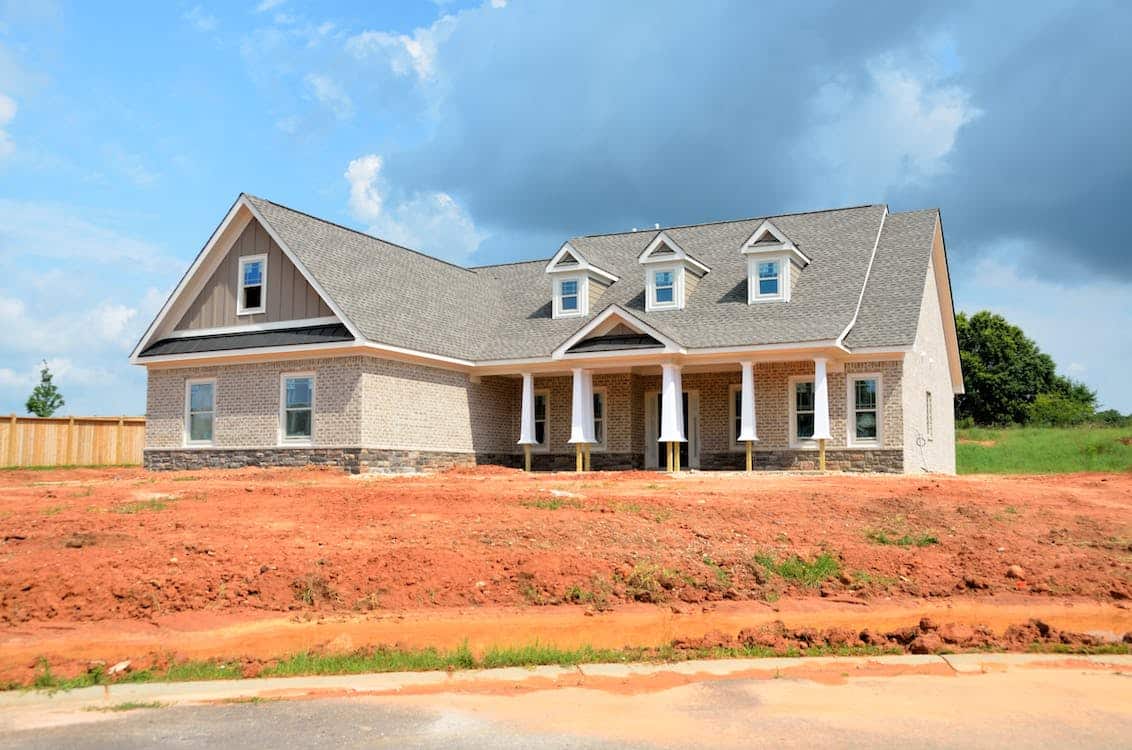There’s nothing quite like the feeling that comes with buying your first house. The anticipation, the excitement – it’s all enough to make your head spin! With so many factors to consider and a huge financial commitment on the horizon, you must do your homework before taking the plunge. Whether you’re looking for a move-in-ready starter home or just getting started in browsing possible properties, there are some essential things you should take into consideration before signing on the dotted line.
The housing market, particularly in Austin, TX, is highly competitive, and prices can vary drastically based on location. Do your research to make sure you’re getting the best deal for your money. Consider nearby schools, local crime rates, property taxes, and potential resale value.
Today we will discuss some of those essential aspects of buying a house in Austin, including location, price range, foreclosure vs non-foreclosure status, and more. Read on for an overview of key points potential homeowners should explore.
Finding a Home in a Pet-friendly Area:
If you are a pet owner, one of the most important factors to consider when buying a house is whether it’s located in an area that allows pets. It’s especially true if you have a large breed dog, as some areas may not allow them. It’s also important to consider any restrictions on how many pets you can own or whether you need to register them with the city.
Additionally, research local dog parks and other pet-friendly amenities. You can search on Google for the list of dog parks In Austin, TX. You will get a comprehensive list of pet-friendly parks and other activities for you and your pup to enjoy.
Researching the area and its pet restrictions is essential before signing any contracts. That way, you will be sure your family (and furry friends) can enjoy their new neighborhood safely and happily.
The Price of the House:
The cost of a house is one of the most important considerations when buying. Before you start looking at homes, it’s essential to set a budget and stick to it – there’s no point in falling in love with a property way out of your price range! Compare prices between neighborhoods and make sure to factor in the cost of homeowner’s insurance, real estate taxes, closing costs, and any other fees associated with owning a home.
Do your research! Learn about typical homes that are selling in your desired area and how much they’re going for. It will help you set realistic expectations as you begin the search for your new abode. Plenty of online resources can help you estimate the current market value of homes in a particular zip code.
Foreclosure vs. Non-foreclosure Status:
It’s also critical to consider whether you are looking at foreclosure or non-foreclosure properties. Purchasing a foreclosure property can be an extraordinary deal. However, it can also have more risks involved. For instance, many abandoned homes might need repairs and updates that can add up quickly if you’re not careful. It is fundamental to do your necessary research and be aware of the expected benefits and disadvantages of a foreclosure property before purchasing.
On the other hand, non-foreclosure houses could cost more upfront but could save you money in the long run. These homes regularly have updated appliances, washrooms, and windows that can help diminish energy costs and repair expenses over time. However, it is critical to thoroughly evaluate the home for any existing damage or expected issues before making a deal completely.
Whether it’s a foreclosure or non-foreclosure property, make sure to consider all your options and understand the associated risks before committing to a purchase.
Number of Bedrooms:
Think about how many bedrooms you’ll need. If you have a large family, having enough space for everyone is going to be essential. Also, consider if there are any future plans for your family in the near future (like having another child). It will help you decide if buying a house with more bedrooms than necessary is worth it in order to save yourself from having to buy another property later.
On the other hand, buying a house with more bedrooms than necessary might not be ideal if you’re a single homebuyer. It would require more upkeep and taxes, and finding tenants for the empty space could be challenging. Consider your current needs when making this critical decision.
However, it’s essential to remember that the number of bedrooms can also affect your property’s resale value. Homes with more bedrooms usually have a higher resell value, so if you plan on selling your home at some point in the future, this could be a key factor.
Consider Kitchen Layout:
The kitchen is one of the most essential rooms in the house, so it’s fundamental to consider its layout and plan while searching for a house. A well-planned kitchen can enormously upgrade a charming living experience, while an ineffectively planned one could cause disappointment and inconvenience.
Look for features such as adequate storage space, countertop area, ventilation, and natural lighting. You should also check how the kitchen is connected to other rooms. It will help you determine if the floor plan of your desired house meets your expectations and needs.
In addition to design features, consider amenities as well. Appliances like gas stoves, dishwashers, microwaves, and even fridges can add to the general cost of buying a house.
Conclusion:
Purchasing a house can be an unquestionably refreshing experience, but it likewise includes an immense monetary responsibility and critical planning. Before going all in, it is fundamental to consider factors like region, size, condition of the house, and monetary status.
In some cases, extra help may be needed in the form of agents or real estate attorneys during phases such as making an offer or properly drafting the purchase agreement to make sure all your bases are covered, and you are receiving a fair deal. Doing your homework beforehand will go a long way toward crafting a beneficial house-hunting experience.








